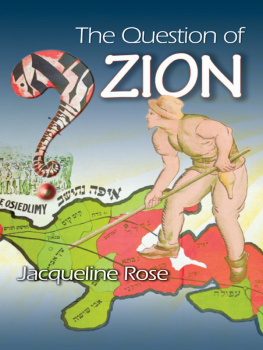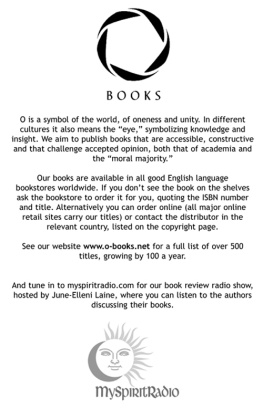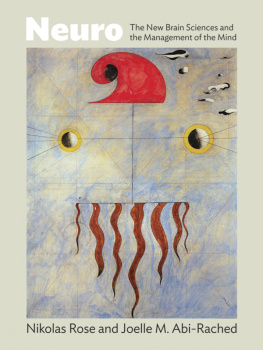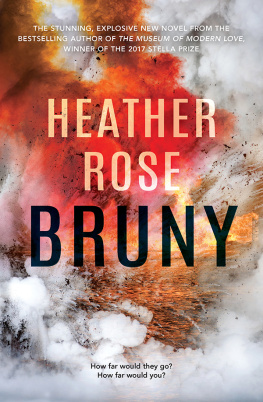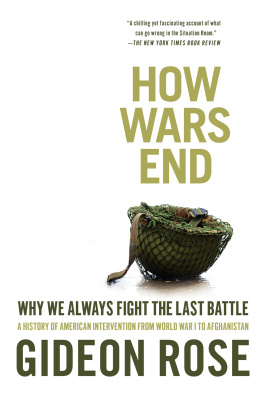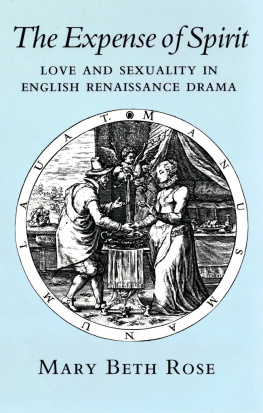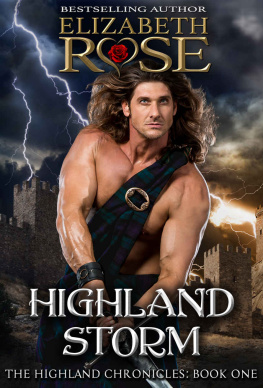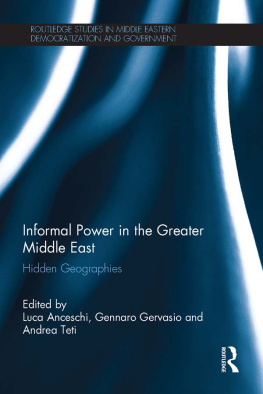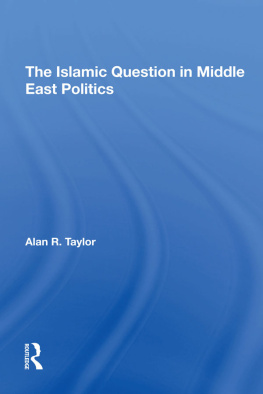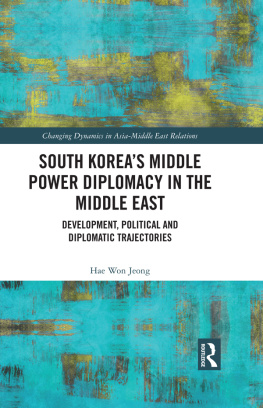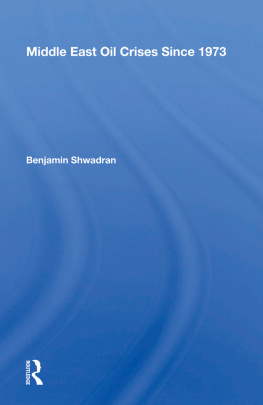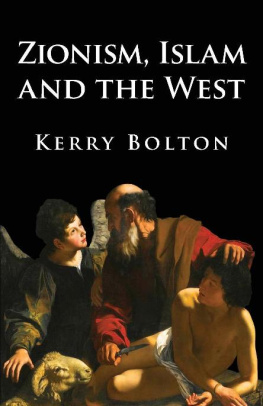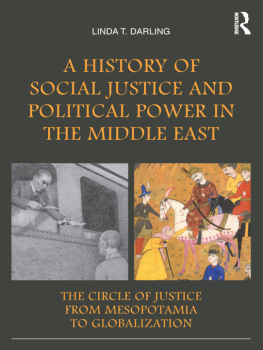Rose - The Question of Zion
Here you can read online Rose - The Question of Zion full text of the book (entire story) in english for free. Download pdf and epub, get meaning, cover and reviews about this ebook. City: Israel;Princeton;N.J;Woodstock, year: 2007;2008, publisher: Princeton University Press, genre: Romance novel. Description of the work, (preface) as well as reviews are available. Best literature library LitArk.com created for fans of good reading and offers a wide selection of genres:
Romance novel
Science fiction
Adventure
Detective
Science
History
Home and family
Prose
Art
Politics
Computer
Non-fiction
Religion
Business
Children
Humor
Choose a favorite category and find really read worthwhile books. Enjoy immersion in the world of imagination, feel the emotions of the characters or learn something new for yourself, make an fascinating discovery.
- Book:The Question of Zion
- Author:
- Publisher:Princeton University Press
- Genre:
- Year:2007;2008
- City:Israel;Princeton;N.J;Woodstock
- Rating:4 / 5
- Favourites:Add to favourites
- Your mark:
- 80
- 1
- 2
- 3
- 4
- 5
The Question of Zion: summary, description and annotation
We offer to read an annotation, description, summary or preface (depends on what the author of the book "The Question of Zion" wrote himself). If you haven't found the necessary information about the book — write in the comments, we will try to find it.
The Question of Zion — read online for free the complete book (whole text) full work
Below is the text of the book, divided by pages. System saving the place of the last page read, allows you to conveniently read the book "The Question of Zion" online for free, without having to search again every time where you left off. Put a bookmark, and you can go to the page where you finished reading at any time.
Font size:
Interval:
Bookmark:
The Question of Zion

The Question of Zion

Jacqueline Rose
PRINCETON UNIVERSITY PRESS
PRINCETON AND OXFORD
Copyright 2005 by Jacqueline Rose
Requests for permission to reproduce material from this work should be sent to Permissions, Princeton University Press
Published by Princeton University Press, 41 William Street,
Princeton, New Jersey 08540
In the United Kingdom: Princeton University Press,
3 Market Place, Woodstock, Oxfordshire OX20 1SY
All Rights Reserved
Third printing, and first paperback printing, 2007
Paperback ISBN-13: 978-0-691-13068-2
Paperback ISBN-10: 0-691-13068-X
The Library of Congress has cataloged the cloth edition of this book as follows
Rose, Jacqueline.
The question of Zion / Jacqueline Rose.
p.cm.
Includes bibliographical references and index.
ISBN 0-691-11750-0 (alk. paper)
1. ZionismHistory20th century. 2. ZionismPsychological aspects. 3. Arab-Israeli conflictPsychological aspects. 4. Palestinian ArabsCrimes againstIsrael. 5. PsychoanalysisPolitical aspectsIsrael. 6. Holocaust, Jewish (19391945)Influence. 7. IsraelEthnic relations. I. Title.
DS149.R58 2005
320.54095694dc22 2004059993
British Library Cataloging-in-Publication Data is available
This book has been composed in Sabon with Insignia Display
pup.princeton.edu
Printed in the United States of America
357910864

To the memory of Edward Said
19352003

After Hamlet and Othello and King Lear it could no longer be pretended that man was an animal who pursues pleasure and avoids pain. But of nations that pretence is still made.... It is not conceded that a nation should, like Hamlet, say that in its heart there was a kind of fighting that would not let it sleep, or like Othello and King Lear, hatchet its universe to ruin.
Rebecca West, Black Lamb and Grey Falcon: A Journey throughYugoslavia (1942)
Contents

Preface

A suicide bomber kills nineteenincluding four childrenin a mixed, Jewish-Arab cafe, in Haifa on the eve of Yom Kippur in October 2003. While Ariel Sharon sends his planes into Syria in response, the Israeli airwaves fill with the voice of Golda Meir speaking to Israelis during the Yom Kippur War of thirty years before. In one interview, she is reported to have said that Israel had no responsibility for war because all the wars against Israel have nothing to do with it.
This book originally took shape as the Christian Gauss seminars at Princeton University in September 2003. It grew out of my desire to understand the forceat once compelling and dangerousof Israels dominant vision of itself as a nation. How did this vision first arise, andapparently unanswerabletake hold? Golda Meirs view is widespread. I encountered a strong version of it from the audience at Princeton. Israel is innocent of the violence with which it is beset. There is nothing in the actions of the state, the history of the country or of Zionism, that can explain it. But even if you believe, as I do, that Zionism emerged out of the legitimate desire of a persecuted people for a homeland, the question remains. What is it about the coming into being of this nation, and the movement out of which it was born, that allowed itthat still allows itto shed the burdens of its own history, and so flagrantly to blind itself?
Today it has become commonplace for critics of Israel responding to the charge of anti-Semitism to reply that it is Zionism, not Jewishness, which is the object of their critique. This simply displaces the problem, leads to silence. As if that were the end of the matter and nothing else remains to be said. Bizarrely, the result is that while Israel barely leaves the front page of the daily papers, Zionism itself is hardly ever talked about.
In the same issue of the paper reporting the words of Golda Meir, we are told of the first links being forged in the new postwar Iraq between Iraqi business and Israel. An ultra- Zionist Israeli settler has joined forces with the nephew of the now discredited Ahmad Chalabi, at one time the United States preferred new leader of the country, to promote investment in Iraq (a venture with apparently excellent connections to the Pentagon). Reading this, I shudder as I hear in my mind the anti-Semitic abuse to which such a link will give rise. But one detail draws my attention. The settler, Marc Zell, became interested in Israel in the 1980s, finally moving to the settlement of Allon Shvut in 1988 at the start of the first Palestinian intifada. It is a fact that emigration to Israel increases at times of the worst conflict (this was true of 1973 and of the settlers of the 1920s and 1930s in Palestine). Although the settlement is surrounded by barbed wire, the Zells insist that it is an ideal place for children. Its like a small town in Iowa, they are reported to have told Jewish Homemaker magazine. When I visited Allon Shvut in the summer of 2002 while making a documentary on Israel and America for Channel 4 Television in England, I met Aaron and Tamara Deutsch, who had moved there from Staten Island barely a year before. They told us to admire the views as we drove away on the fortified settler roads. With bloodshed spreading across the nation, their contentment made the experience surreal. For them, too, danger was no obstacle. The land was biblically destined to be theirs, and that destiny, despite or even because of the violence, was being fulfilled.
We urgently need to understand the mind-set that runs back and forth from the Zells and the Deutsches to Golda Meir. In this book, I try to plumb some of the deep components that make up the imaginative world of Zionism. Not exhaustivelythis is neither history nor survey. Of these there are now many, and indeed many brilliant, recent studies, headed by the new Israeli and Jewish historians of the past decadeIlan Pappe, Benny Morris, Tom Segev, Avi Shlaim. My aim here is of a different kind. To try to grasp what it is about Zionism that commands such passionate and seemingly intractable allegiance. Zionism was one of the most potent collective movements of the twentieth centuryon that much friends and foes of Israel will agree. But although it is one of the most powerful military nations in the world today, Israel still chooses to present itself as eternally on the defensive, as though weakness were a weapon, and vulnerability its greatest strength.
In December 2003, five teenage refuseniks, part of a growing group of young soldiers refusing to serve in the occupied territories, were jailed for a year by a Jaffa military courtthe first to be court-martialed (all previous refuseniks had been given administrative sentences or allowed to go free). Summing up, the prosecutor called them ideological criminals, the worst kind: the fact that they are idealistic people and in many ways positive characters should be counted against them. These young men had spoken out in public; airing their disillusionment, rather than disobeying orders, appears to have been the worst offense. At moments like these, it seems thatas much as danger to its citizensthe threat to the nation, the one thing that cannot be countenanced, was collapse of conviction, or loss of belief.
Next pageFont size:
Interval:
Bookmark:
Similar books «The Question of Zion»
Look at similar books to The Question of Zion. We have selected literature similar in name and meaning in the hope of providing readers with more options to find new, interesting, not yet read works.
Discussion, reviews of the book The Question of Zion and just readers' own opinions. Leave your comments, write what you think about the work, its meaning or the main characters. Specify what exactly you liked and what you didn't like, and why you think so.

